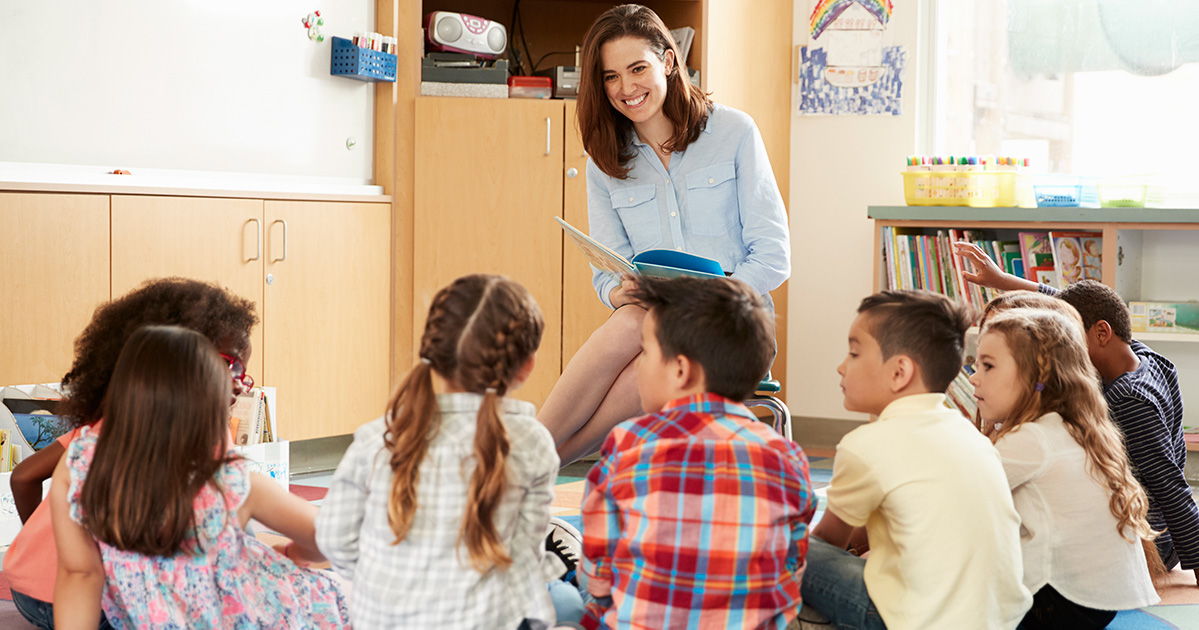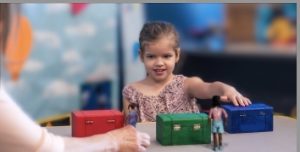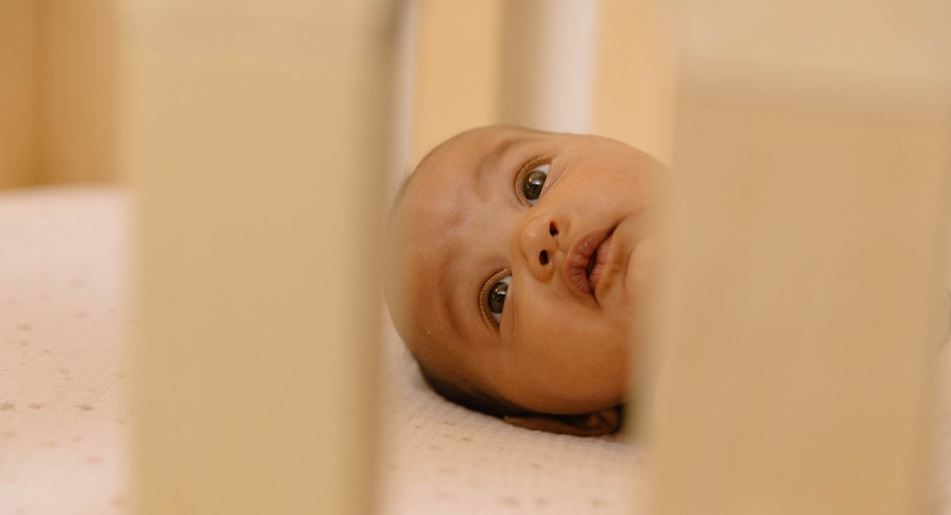
Today’s Friday Feature is Mouhamadou Cisse!
Mouhamadou is currently a Master’s in Biomedical Sciences at Barry University in Miami, Florida. He is a research assistant currently involved in the Caring Study, led by Dr. Eileen Condon, Ph.D., APRN, FNP-BC, a professor at the UConn Nursing Department. This research aims to explore the relationship between toxic stress, sleep patterns, and the health of both children and parents. Mouhamadou’s primary responsibility involves enrolling participants in the study, primarily within the CCMC Emergency Department. On occasion, when he gets lucky, he is able to participate in UConn KIDS events.
Learn more about the Caring Study here.
Mouhamadou graduated from the University of Connecticut in 2021 and currently resides in Windsor, CT. Though he was born and shortly lived in Dakar, Senegal. His career aspiration is to become a physician, and he is actively working towards getting admitted into medical school within the next two years. Mouhamadou’s enduring passion for science stems from childhood, and he’s proud to contribute to research that seeks to enhance people’s lives. The research he undertakes has the potential to assist mothers who struggle with sleep, identify modifiable factors, and influence how future mothers manage stress and sleep. Ultimately, it plays a significant role in a child’s health and development into adulthood.
Mouhamadou enjoys indulging in video games during his leisure time and currently owns a PlayStation 5 and a Nintendo Switch. Recently, he’s been immersed in Spiderman 2. In addition to gaming, he has a deep love for physical activities, having a background in soccer and track. Mouhamadou maintains a regular workout routine and focuses on cardio. Whenever the opportunity arises, he’s an enthusiastic traveler, and one of his favorite photos is from a trip to Morocco.













